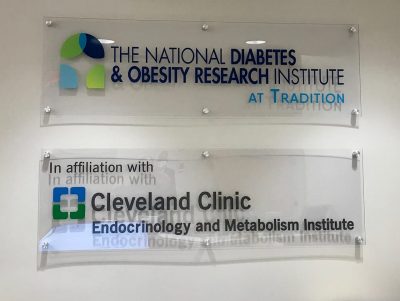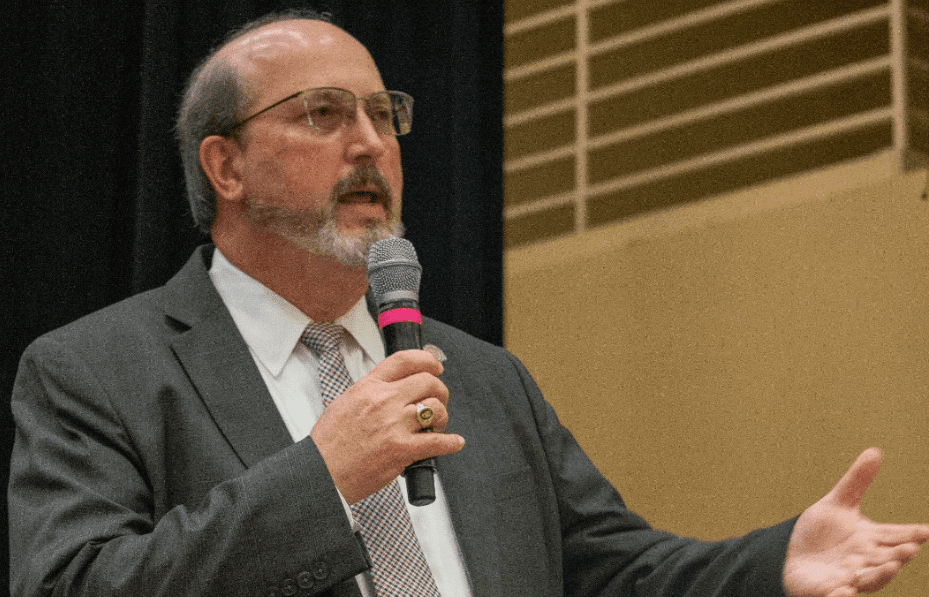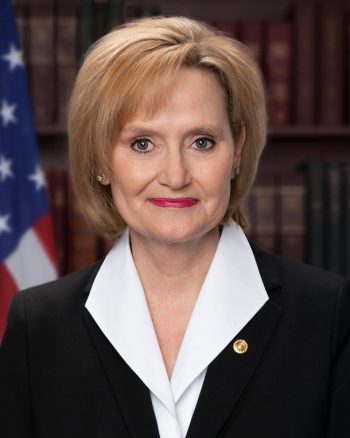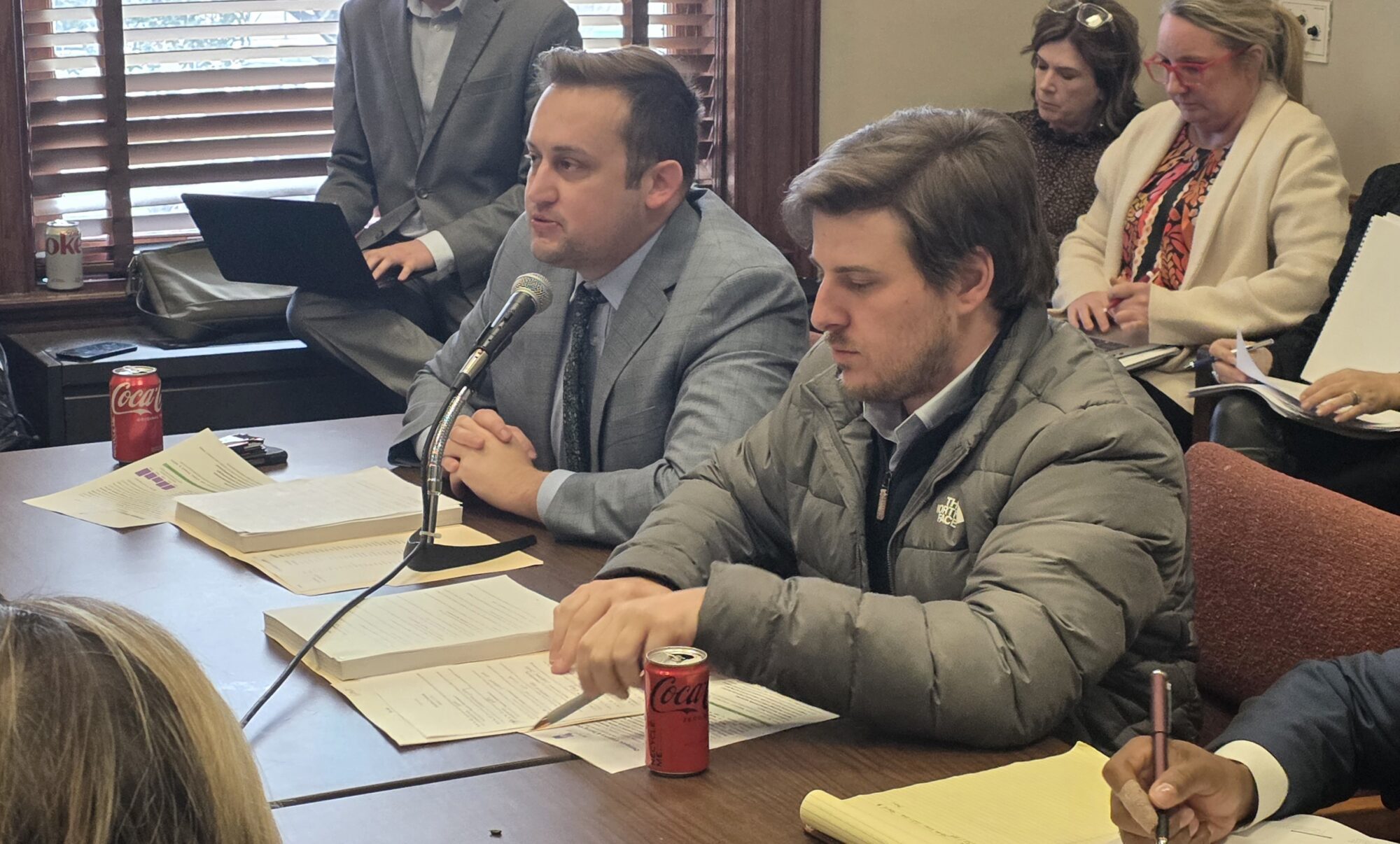
The National Diabetes and Obesity Research Institute in Mississippi
It is no secret that Mississippi’s obesity and diabetes rates are above the national average. In fact, Mississippi is the only state in the “Diabetes Belt” with every county showing excessive diabetes prevalence, with estimates showing 1.5 million people, or nearly half of the state’s population, considered obese with nearly 300,000 diagnosed with diabetes as a result.
The state has the highest obesity rate in the country, even among children with 24% considered obese – 9 points higher than the national average.
Medically speaking, black Mississippians are disproportionately affected by diabetes. Nearly 46% of adult black Mississippians are obese and 16% have diabetes, while 36% of adult white Mississippians are obese and roughly 14% have diabetes. Those numbers loom large in normal times, but more so when considering COVID-19 and its increased risk of death when a patient has other medical factors such as heart problems or a reduced immune system due to chronic diseases.
Treating the effects of obesity and diabetes in Mississippi is costly, not only for the patient, but for health insurers, employers, and the state. Approximately $3.9 billion is spent on obesity related complications annually while some $2.7 billion can be tied back to diabetes health care costs. Just under $1 billion in Medicaid spending can be tied to these health factors.
Finding a cure for obesity and diabetes would mean not only saving lives and providing a better quality of life for those striving to live with the effects of the conditions, it would also save employers and the taxpayers of Mississippi billions.
For these very reasons, former Governor Phil Bryant sought to tackle this issue head on in 2014, spearheading a push to develop a Medical City in Mississippi with the National Diabetes and Obesity Research Institute (NDORI) as the nucleus.
Located in Harrison County at Tradition, what has emerged from that initiative over the last 6 years is a strategic approach to not only focus on better treatment of obesity and diabetes, but a push to discover a cure, with research that has resulted in clinical trials now underway.

The Medical City being built around NDORI at Tradition grew out of various partnerships all focused on improving health care delivery, medical research and education in Mississippi. Affiliation with the Cleveland Clinic and Memorial Health Systems helped bring the vision to reality.
Mississippi Gulf Coast Community College has located a state-of-art nursing facility next to the current NDORI center, and William Carey University moved its coast campus to the area after Hurricane Katrina.
A pharmacy school, research partner facilities, medical offices and clinics, and even a Veterans home are in the works over the years to come.
<<READ MORE on how it all began: Bryant, Canizaro making Mississippi Medical City a reality>>
Along with private donors, the Mississippi Legislature approved some $1.5 million to assist in the mission of NDORI recognizing it as a state crisis.
Such research is costly, but the work NDORI has undertaken on limited capital has already proved encouraging.
Dr. Stephen Farrow is the Executive Director of NDORI. He told Y’all Politics that the Institute has taken a three part approach:
1. Researching for a cure for obesity and diabetes,
2. Improving the quality of life through collaboration between health institutions, universities, and health providers throughout the state and region, and
3. Establishing an area that drove medical research and health care advancement while improving the business climate for medical development and expanding the tax base.

Under the guidance of Dr. Farrow, novel research to cure obesity and diabetes, along with new concepts in treatment and prevention, are being developed and animal trials have proved promising when considering hypothalamic modulation and optimization. The idea is that hypothalamic malfunction may compromise metabolism which affects weight regulation resulting in obesity and diabetes.
“We believe that there are novel ways through which blood sugar and appetite are controlled,” Dr. Farrow said. “By going after those novel mechanisms we can actually cure it. That research is just up. It’s a collaboration between Louisiana State University and William Carey, and we are looking at a central mechanism that we may be able to intervene in for a cure. This is a novel idea and moving very quickly.”
The hypothesis, he says, has been effective in animal trials, showing an obese rat before treatment and the same rat significantly thinner after treatment. Human trials have not been approved but that is the goal as research and testing continue.

Among other efforts to address obesity and diabetes, NDORI has developed a telemedicine diabetes management system as well as wearable technology to monitor patients via smart devices. The telemedicine piece will allow for virtual monitoring and eCoaching to improve glycemic control and reduce complications while consulting with both NDORI staff and other medical professionals. Both advances are aimed at improving outcomes for those dealing with the diseases and lowering costs for the patients, insurers, health care providers, employers and taxpayers. The telemedicine component and the wearable technology are in the final stages of development as a result of a partnership between NDORI, Cleveland Clinic, William Carey University School of Osteopathic Medicine and other professional and community partners.
“Having wearable technology takes away the burden of high level technological knowledge from the patient and puts in on the devices and the persons who actually do the treatment while making it much more convenient,” Dr. Farrow said. “We have the proposals written up on the telemedicine component, cutting edge technology that’s all new, and it is close to launching to make a big, visible difference in the state.”

Overall, NDORI has undertaken 15 research initiatives since its inception and more are being planned to combat and hopefully find a cure for obesity and diabetes right here in Mississippi. Among those is an effort to increase medical manufacturing in the state, bringing it to this Medical City, boosting the economy and contributing to the national health discourse while increasing America’s pharmaceutical independence.
“We have our clinical industrial arm. We have several pharmaceutical manufacturers that have diabetes and obesity and fatty liver drugs in advanced stages of testing, and we will be working with them to ultimately prove the safety of those drugs and help them bring them to our people,” Dr. Farrow said.
All of this requires funding, of course, but it also requires public-private partnerships that are viewed as investments into the research and development of today with a goal of a cure for tomorrow.
“NDORI would not be here if it were not for the State of Mississippi, and we want to make sure that we honor that investment and return value for their dollar,” Dr. Farrow said. “To get to a very strong level of research effort and to sustain the basic research to cure obesity and diabetes, and to ramp up the clinical trials, we’re looking for a higher rate of investment to see Mississippi’s obesity and diabetes rates improve as research increases. We need the equipment and support personnel to reach the next level.”
Private employers have a stake in this research as medical and pharmaceutical costs rise, resulting in increased health care costs, loss of productivity and reduced job performance. Partnering to step in on the front end of this research to find a cure, Dr. Farrow said, while also improving the treatment in the short-term makes financial sense and would be a sound investment.

NDORI’s work is at a critical point, and while more funding and partnerships are necessary to continue the development, Dr. Farrow believes in the mission and knows what this means not only for patients but for the state’s footprint across the globe.
“To put Mississippi on the map in curing obesity and diabetes would be earth shattering,” he added. “The world would benefit from that discovery.”











